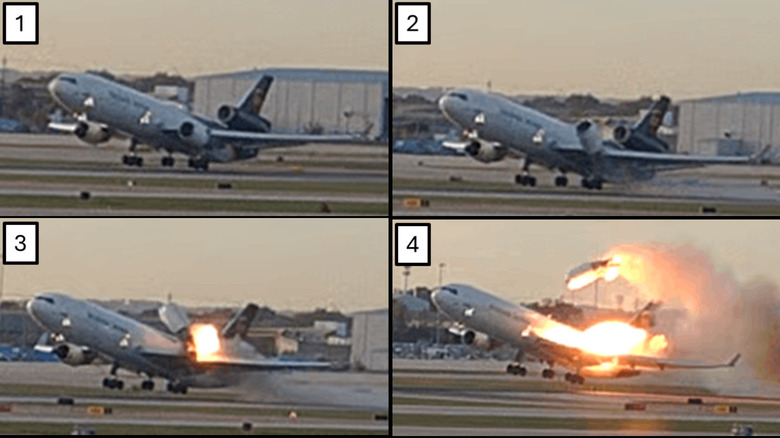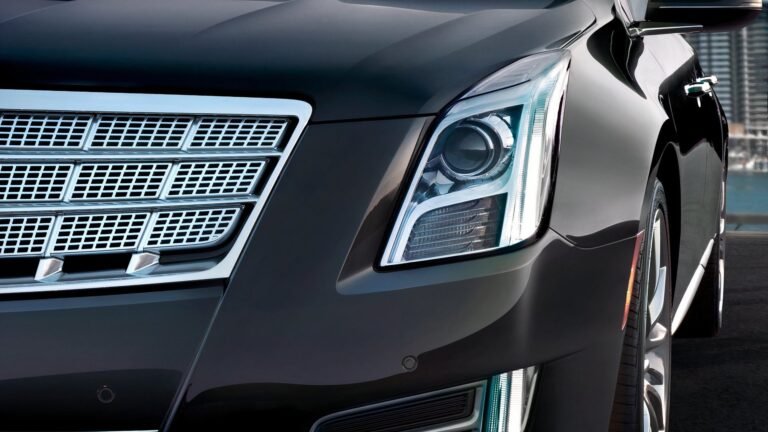

- Passenger of a 1998 Chevy challenged its two-point seat belt design.
- GM said the truck met or exceeded all safety standards at the time.
- The plaintiff suffered spinal and abdominal injuries in the 2018 crash.
General Motors has sidestepped a $73 million payout after a US jury ruled that the two-point lap belt used in a 1998 Chevrolet truck was not defective, despite a passenger suffering severe injuries in a 2018 crash. The verdict spared the automaker from a potentially costly settlement and reignited debate over safety standards for older vehicles.
The case had been in the court system for more than five years before it recently went to trial in Las Vegas. Allie Mead was riding on the back seat of a 1998 Chevrolet C/K 1500 when the truck crashed into a tree and a boulder in August 2018 at roughly 1:50 a.m.
While she survived, she suffered several injuries, including a spinal fracture, a ruptured colon, and abdominal trauma, and claimed they were caused by the “negligent and improper design” of the lap belt.
GM Argues It Complied With Federal Standards
Mead maintained that had the truck been equipped with a more advanced three-point belt, she wouldn’t have sustained the same injuries. However, GM countered that at the time the pickup was sold in 1998, it met or exceeded all federal safety standards, adding that three-point seat belts were not required for the rear center seat.
Read: Judge Approves $57,000,000 For Lawyers While Faulty GM V8 Owners Get $3,380 And A Smile
During the trial, GM’s attorneys explained that a seat belt is engineered to distribute crash energy and prevent an occupant from being thrown forward or ejected. Mead’s lawyer, Robert Eglet, argued that a three-point belt should have been standard and that adding one was economically viable, but GM chose not to do so.

Victim’s Lawyer “Shocked” By Jury’s Verdict
“The lap-only belt snapped her forward like closing a jack knife,” Eglet said during the trial. “The belt that was supposed to protect her became the weapon that destroyed her.” He added that Mead lives with unending pain and has been diagnosed with PTSD and major depressive disorder.
Ultimately, the jury decided the lap belt had done its intended job of preventing more serious harm. They also determined that GM was under no obligation to warn Mead about the belt’s limitations, finding it neither defective nor unreasonably dangerous.
Eglet had asked the jury to award Mead $64.8 million in addition to more than $8.6 million as special damages to cover medical treatment costs and the loss of wages. Eglet said he was “shocked” by the jury’s decision while speaking with the Las Vegas Review-Journal.
“We clearly proved that the product was defective, and we clearly proved that they didn’t warn her of the dangers”, he commented. Apparently, though, the jury thought otherwise, thus their verdict.

Photos Bring a Trailer


